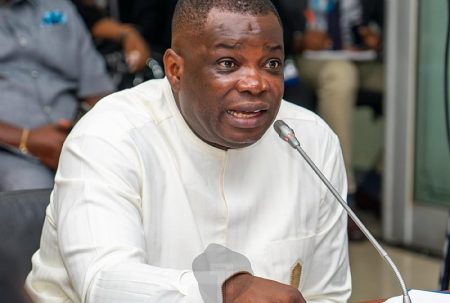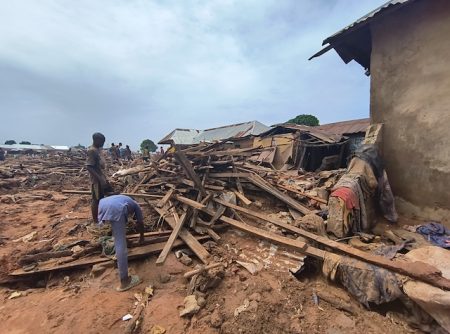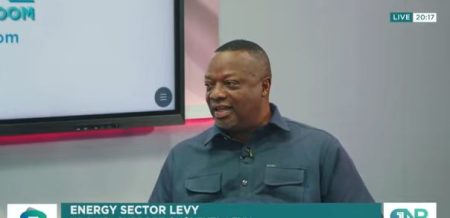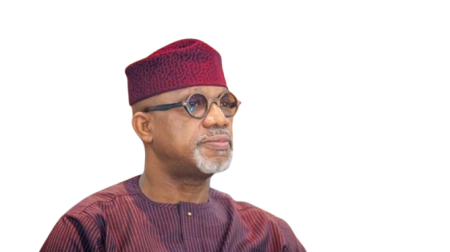The latest round of peace talks between Russia and Ukraine, held in Istanbul, yielded limited progress amidst deeply entrenched positions and mutual distrust. While both sides agreed on a prisoner exchange and presented their respective peace proposals, fundamental disagreements persist, dimming hopes for a swift resolution to the protracted conflict. Kremlin spokesperson Dmitry Peskov cautioned against expecting immediate breakthroughs, emphasizing the complexity of the issues involved. Moscow’s insistence on Ukraine’s withdrawal from four annexed regions as a precondition for a ceasefire clashes directly with Kyiv’s demand for an unconditional truce. This fundamental divergence underscores the significant hurdles that remain in achieving a peaceful settlement.
Russia’s demands, outlined in a document handed to Ukrainian negotiators and subsequently published by Russian state media, included the withdrawal of Ukrainian troops from the Donetsk, Luhansk, Kherson, and Zaporizhzhia regions, all of which Moscow claims to have annexed. In contrast, Ukraine sought a complete cessation of hostilities, a demand rejected by Moscow, which instead proposed a limited, two-to-three-day truce in specific frontline areas. Ukrainian Foreign Minister Andriy Sybiga criticized Russia’s stance, accusing Moscow of rehashing old ultimatums that obstruct genuine progress towards peace. He lamented Russia’s rejection of meaningful ceasefire proposals, further highlighting the impasse in the negotiations.
The prospects of a high-level summit involving the presidents of Russia, Ukraine, and the United States also appear dim. While the White House indicated US President Donald Trump’s openness to such a meeting, an idea also supported by Ukrainian President Volodymyr Zelensky and Turkish President Recep Tayyip Erdogan, Peskov deemed it unlikely in the near future. He stressed that a presidential summit could only occur after Russian and Ukrainian negotiators reach a concrete agreement, indicating the substantial groundwork required before such a meeting could be productive.
Amidst the stalled negotiations, the conflict continues to inflict devastating consequences on civilians. Zelensky accused Russia of deliberately targeting civilians following a rocket attack on the city of Sumy, located near the Russian border, which resulted in four fatalities and numerous injuries, including a critically wounded seven-year-old girl. He condemned the attack as evidence of Russia’s insincerity in seeking an end to the war and called for stronger sanctions and increased defense support from the United States and Europe to pressure Russia into a ceasefire. This incident underscores the urgent need for a resolution to prevent further civilian casualties.
The ongoing fighting also witnessed territorial gains by Russian forces, who claimed to have captured the village of Andriivka in the Sumy region. Zelensky had previously warned of a potential Russian offensive in the region, with an estimated 50,000 troops amassed for the operation. Meanwhile, Ukraine’s SBU security service reported targeting a pillar of the Crimean bridge, a vital link between the annexed peninsula and Russia, with an underwater explosive device. The extent of the damage remains unclear, but the incident underscores the ongoing tensions and vulnerability of strategic infrastructure.
As the conflict grinds on, a delegation of senior Ukrainian officials arrived in Washington for discussions with US counterparts on defense and economic matters, including the possibility of imposing new sanctions on Russia. While Trump has expressed frustration with both Putin and Zelensky and claimed he could swiftly resolve the conflict upon returning to the White House, he has refrained from enacting further economic penalties against Moscow. The continued fighting, now in its fourth year, underscores the urgency of finding a path towards peace, while the contrasting approaches of the involved parties highlight the formidable challenges in achieving a lasting resolution. The human cost of the conflict continues to mount, emphasizing the need for a concerted effort to de-escalate tensions and pursue a negotiated settlement.














